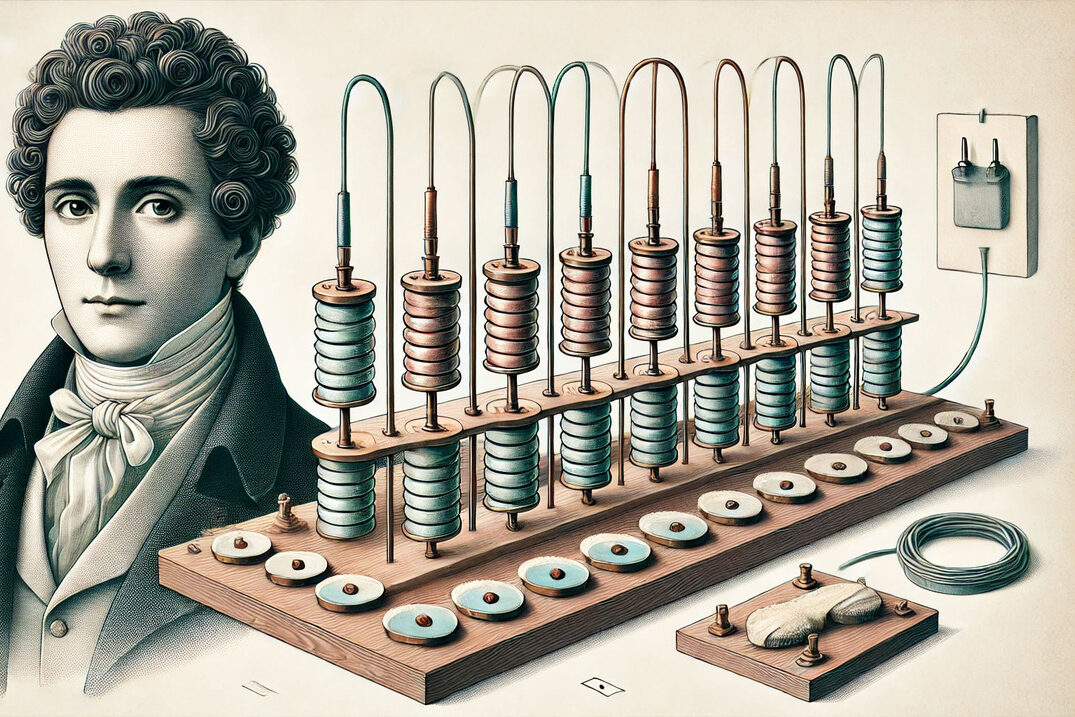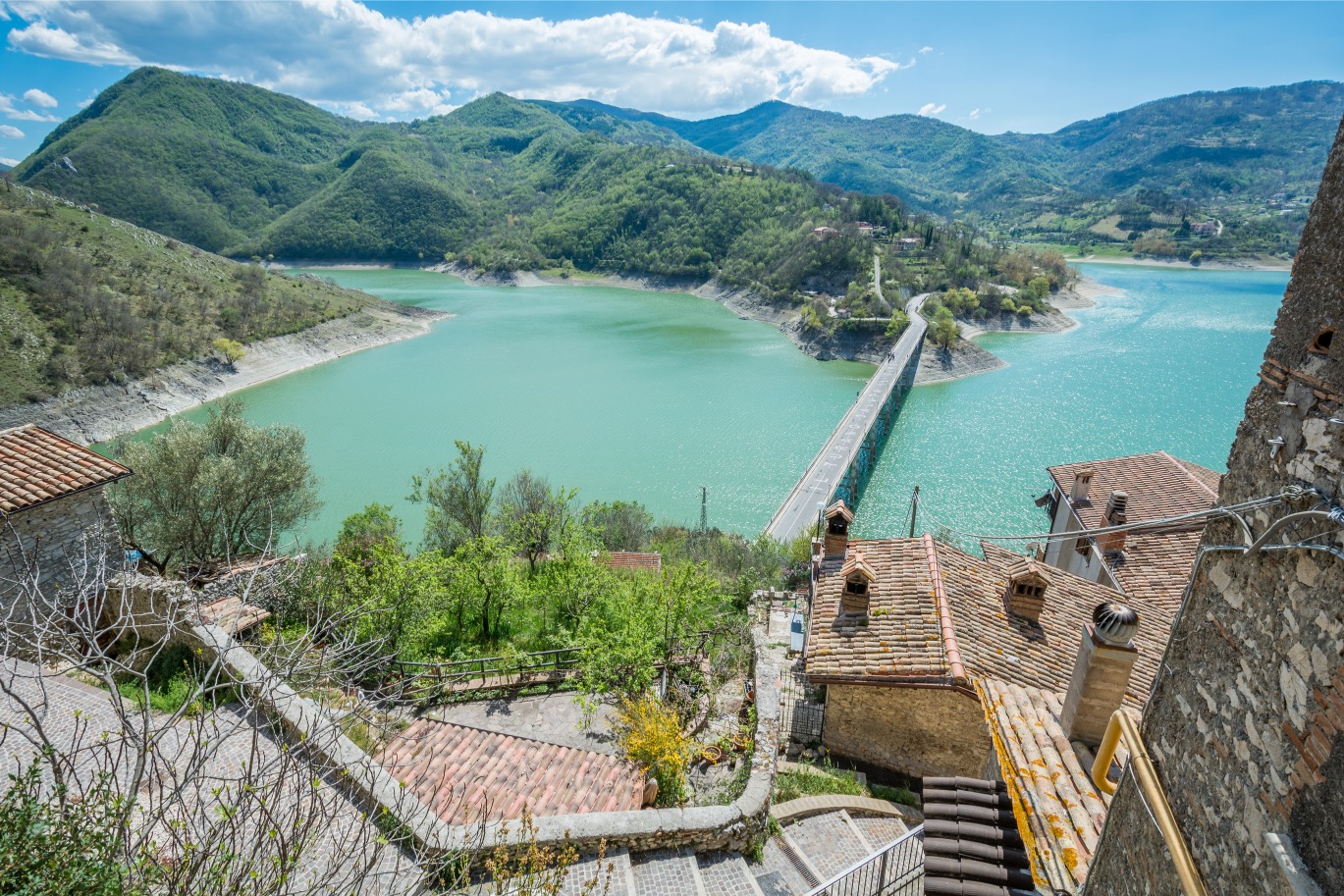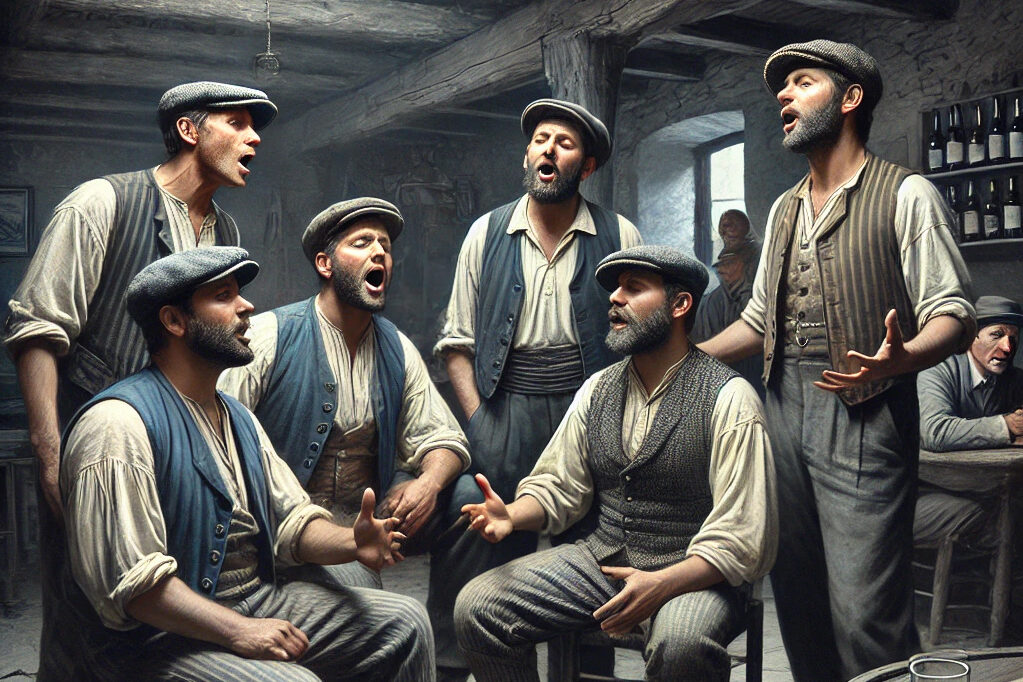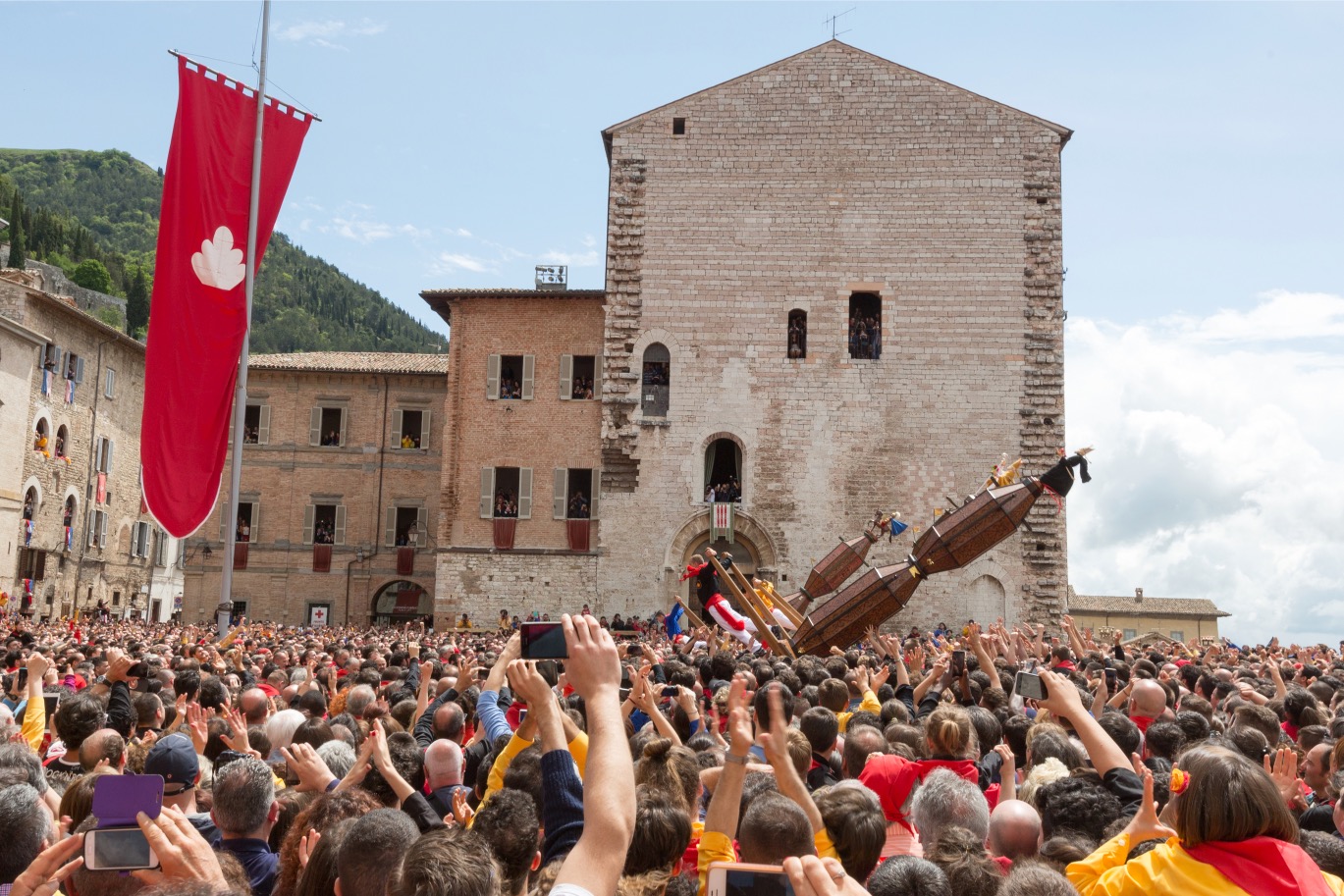Staff
No invention attracted and frightened humanity as much as electricity, and one of its earlier fathers, the Italian Alessandro Volta — whose invention of the electric battery in 1800 marked a turning point in the history of science and technology …
Castel di Tora is a striking medieval village located in the Lazio region of central Italy, about 50 kilometers (31 miles) northeast of Rome. It lies on the shores of Lake Turano, surrounded by the mountains of the Monte Navegna …
For over forty years, Maria Gloria was a cherished and invaluable voice at L’Italo-Americano. The words that follow, written by her husband, seemed to us the most heartfelt and authentic way to remember her—a sincere tribute to the extraordinary woman …
Trallalero is a highly distinctive form of polyphonic singing that originated in Genoa, Italy, known for its complex harmonies and unique use of vocal techniques. Traditionally performed by male ensembles, trallalero features a complex arrangement of different vocal parts. The …
For many Italian-Americans, the connection to Italy is not only cultural but also very practical: maybe you’ve inherited a family home in Puglia; maybe you’re finally buying that dream property in Umbria; or maybe you’ve discovered a long-lost bank account …
The Festa dei Ceri, or Saint Ubaldo Day, is a centuries-old tradition held annually on May 15 in the medieval town of Gubbio, in Umbria. The festivity honors Saint Ubaldo Baldassini, the town’s patron saint, who died in 1160. Central …
The expression bel canto, Italian for “beautiful singing,” brings to mind a golden age of vocal artistry that left a memorable mark on the history of opera and vocal performance. Though often used broadly to describe elegant and technically refined …
The pleasure of collecting perfumes is all in the way scents can evoke memories, places, and emotions. A single spray can bring back a summer garden, a sea breeze, your first love, your youth. Perhaps because we’ve all become more …
The Italian word dunque (doon-kuai) is a common conjunction and discourse marker, used to indicate consequence, inference, or to draw attention in conversation. Its etymology traces back to the Latin tunc (“then,” “at that time”) which, over time, evolved into the forms dunc or donque in Vulgar Latin …
The Italian word gioviale (djo-veeah-lai) carries a bright and cheerful meaning, as it describes someone or something as merry, good-humored, convivial and friendly. Its etymology is directly linked to the ancient Roman god Jupiter or Giove in Italian: in Classical …










